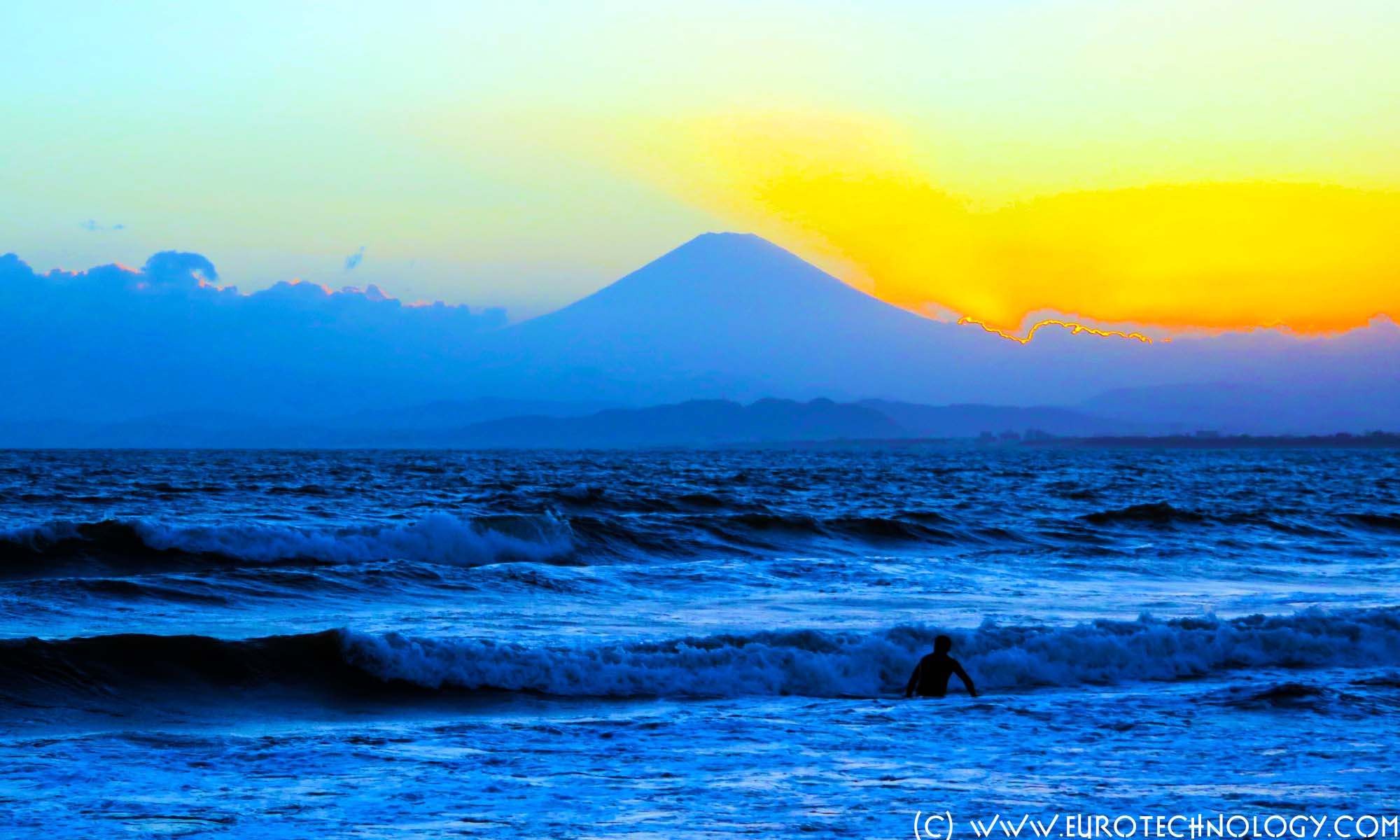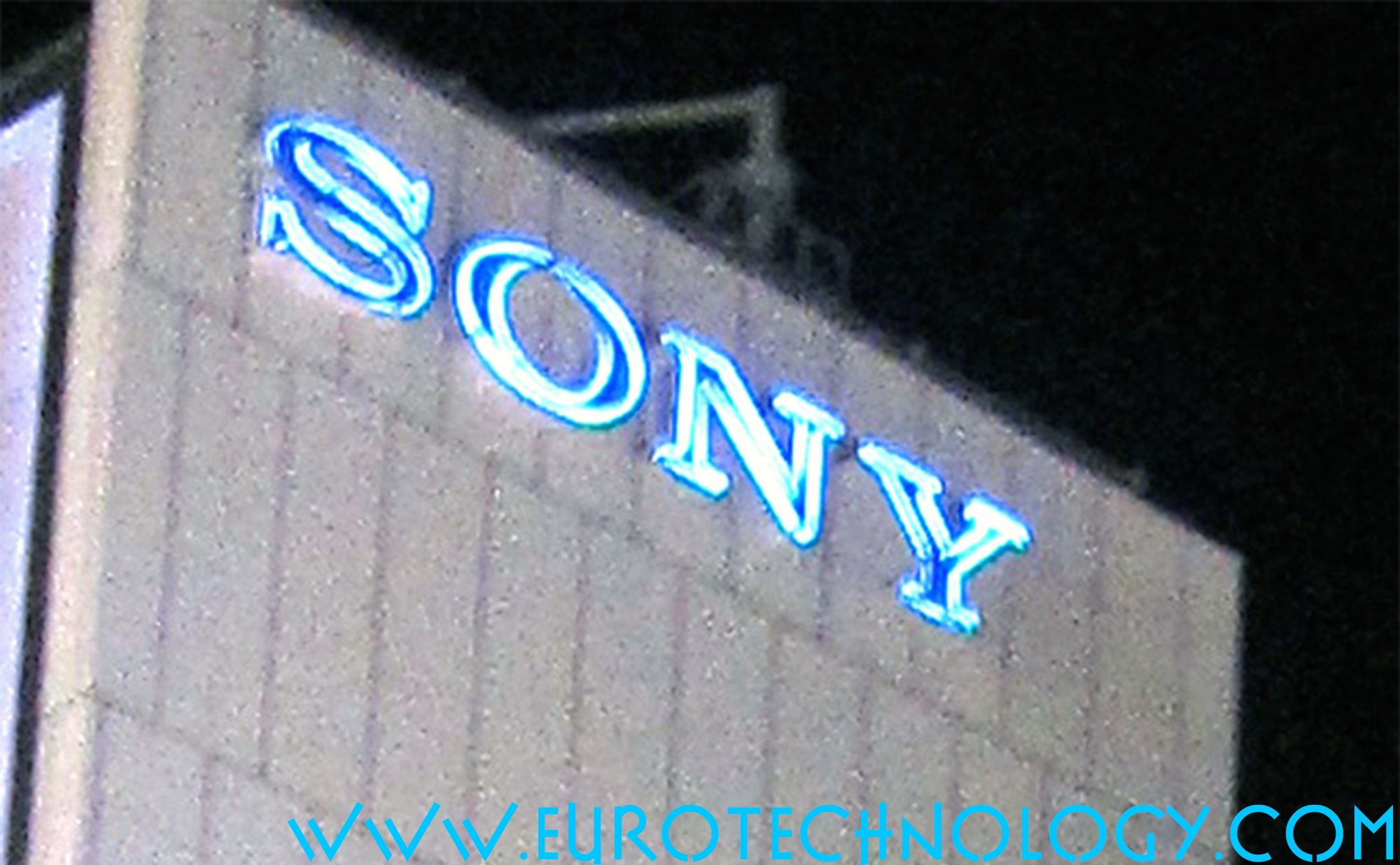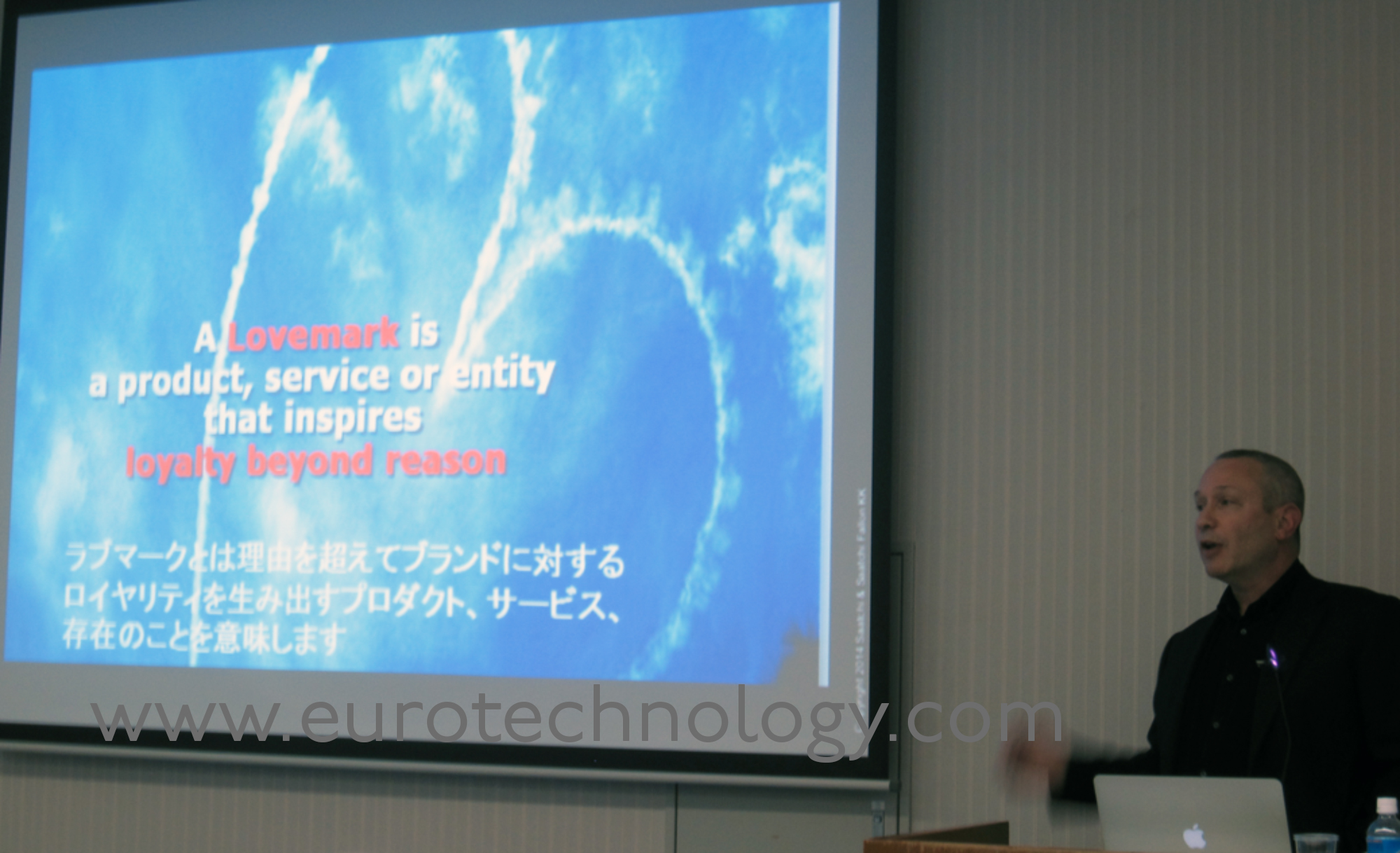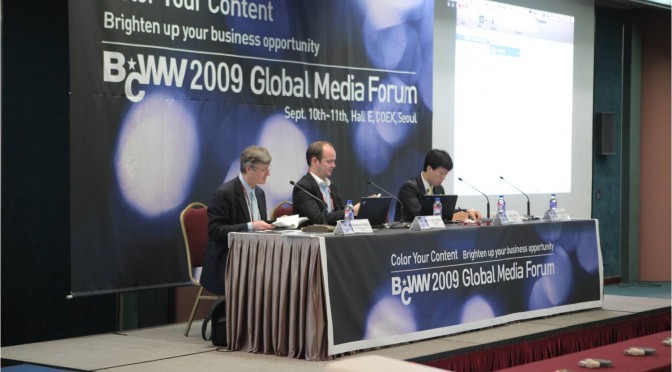Category: media
-
Wild differences in operating margins for mobile, TV media groups and electricals
We analyze the effect of the crisis on operating margins in three different sectors in Japan: (1) electronics, (2) mobile communications (3) TV media groups. In sector (1), Nintendo‘s margins are above 30% and increasing despite the crisis, while traditional electronics companies’ margins are evaporating. (2) for mobile operators DoCoMo, KDDI and SoftBank margins are…
-
75% of mobile phones in Japan ship with digital mobile TV
Digital mobile TV started in Japan in 2005 – about 3 years ago: KDDI/AU sold the first phones with digital mobile TV starting in October 2005, at the same time mobile TV was available for public testing. The official commercial service of mobile TV started on April 1, 2006. Today more than 75% ship with…
-

Yahoo Japan – Yahoo! Complication
There are two YAHOO!s – YAHOO! Inc and YAHOO! KK. (ヤフー株式会社) Yahoo! KK, ヤフー株式会社 is a Japanese corporation listed on the Tokyo Stock Exchange Yahoo! KK (ヤフー株式会社) is not a full/100% subsidiary of Yahoo Inc, but Yahoo! KK is a publicly traded company, listed on the Tokyo Stock Exchange. Ownership of Yahoo! KK (ヤフー株式会社) 35.45%…
-
SuiPo – linking posters to mobile phones and IC cards
JR-East introduced SuiPo (Suica Poster). People who want to participate need to register and link their plastic SUICA card, or their mobile SUICA (wallet phone with installed SUICA application) with a registered mobile or PC email address. Whenever a registered participants touches the SUICA reader/writer on the side of a poster, links to a campaign…
-
eMobile – mobile disruption in Japan
On March 31, 2007 eMobile will start high-speed (3.6 Mbps, HSDPA) mobile data services in Tokyo, Osaka and Nagoya, bringing disruption into the mobile data market in Japan. While Willcom offers a flat data rate of YEN 9000 (US$ 77) per month for unlimited data transmission at 128kbps, eMobile will offer 30 times higher speed…
-

Outsourcing Japan market research and strategy consulting to India, Philippines?? – a recipe for business failure in Japan?
Business decisions unrelated to market realities are a prime reason for failure of foreign companies in Japan In a quest to reduce market research costs, Japan market research is often outsourced to India, Philippines, Indonesia etc With shock and surprise we recently found out that a very famous telecom and IT industry market research and…
-
1-SEG
1-SEG? One-Seg? wansegu? In Japan the nickname for digital mobile TV is written in Katakana: ワンセグ (pronounced wansegu). Japanese people love to abbreviate – oneseg is short for One Segment. Why? The reason is technical: digital TV is broadcast in certain radio frequency channels. Each TV station (e.g. NHK, Fuji-TV, TBS etc) uses one particular…
-
Mobile TV
Digital mobile TV started officially in Japan on April 1, 2006 after several months of testing. Japan’s media industry is large – Japan’s broadcasting industry alone is about US$ 40 billion sales/year, so mobile-TV will probably develop into a multibillion-$ industry over the next few years. At the moment there is a chicken-and-egg situation: content…
-

Japan media landscape restructuring
Japan’s broadcasting is a US$ 40 billion/year industry There have been many attempts over the years for Japan media landscape restructuring by Gerhard Fasol Japan’s broadcasting markets (commercial TV + NHK + CATV + satellite + AM & FM radio) have annual combined revenues on the order of US$ 40 billion. The main players in…
-

Livedoor and Fuji TV take over battle via Japan Radio
New economy player Livedoor attempts takeover of “old economy” media conglomerate Fuji Television Group Livedoor and Fuji TV: Takafumi Horie “Horiemon” attempts to exploit an overlooked loophole in Fuji Televisions shareholder structure to gain control of the very much larger Fuji media group Livedoor and Fuji TV: New economy (Livedoor) is knocking at the door of…
-

Masaru Ibuka, Founder of SONY, Obituary for NATURE
Masaru Ibuka obituary in NATURE by Gerhard Fasol After Masaru Ibuka (井深大) died on December 19, 1997, NATURE asked me to write an obituary about Masaru Ibuka, which was published in Nature on February 26, 1998, and you can download the article as a pdf-file here. The reference is: Gerhard Fasol, “Obituary: Masaru Ibuka (1908-97)”,…



